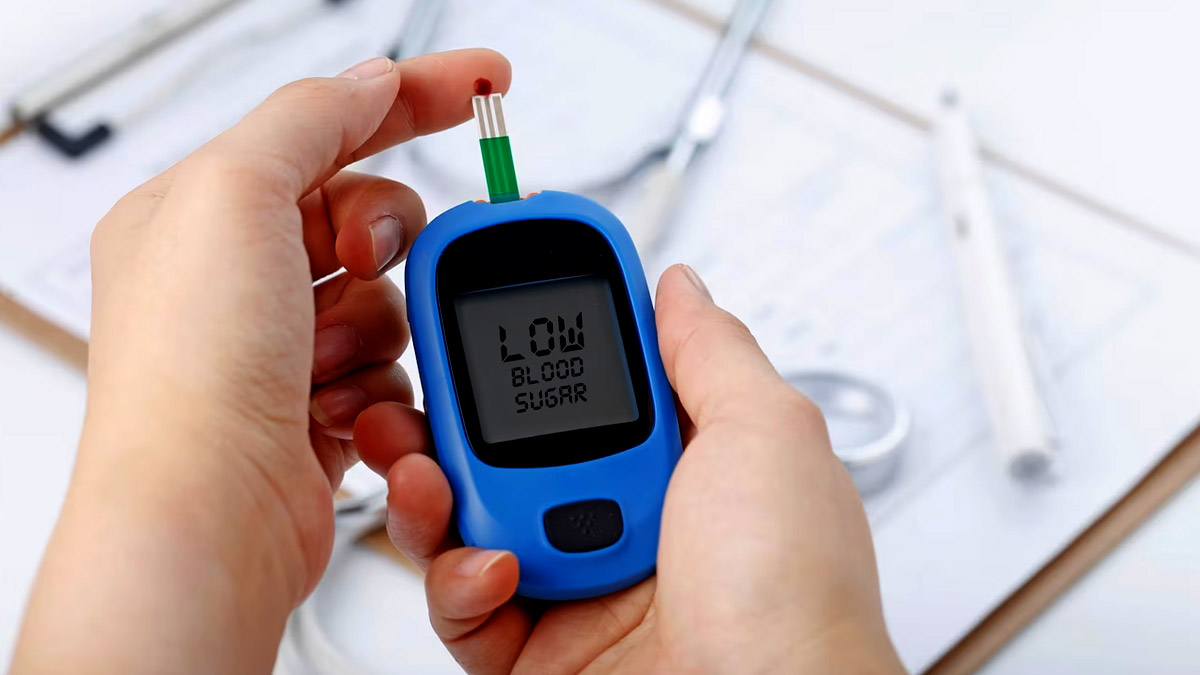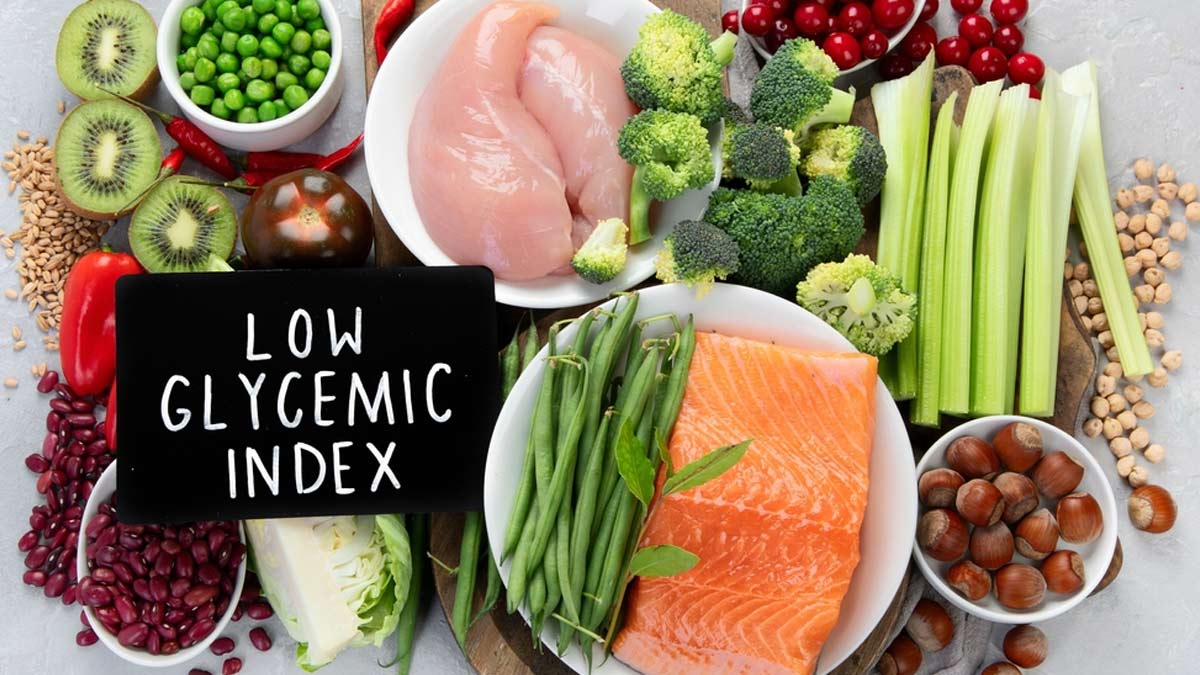

Acne, those pesky pimples that seem to pop up at the most inconvenient times, can be a source of frustration and insecurity. While genetics, hormones, and skincare routines all play a role, your diet significantly impacts your skin’s health as well.
The American Academy of Dermatology Association (AADA) informed that researchers have been uncovering a compelling link between a low glycemic diet and clearer skin. ‘Scientists believe that following a low-glycemic diet may reduce acne because this diet eliminates spikes in your blood sugar. When your blood sugar spikes, it causes inflammation throughout your body. These spikes also cause your body to make more sebum, an oily substance in your skin,’ stated AADA.
Understanding Glycemic Index

The Glycemic Index (GI) is a scale that measures how quickly and significantly a particular food raises your blood sugar levels. Foods are ranked on a scale from 0-100, with higher values indicating a rapid spike in blood sugar. Foods ranking below 55 are considered in the low GI, and above 70 in the high GI.
Also Read: From Increased Hunger To Fatigue: Expert Lists Signs Of Uncontrolled Blood Sugar Levels
The Link Between Glycemic Index and Acne
Foods that have a high GI can affect your hormones and, subsequently, your skin:
- Insulin and Androgens: High GI foods cause a rapid spike in blood sugar, leading to a surge in insulin production. Elevated insulin levels can stimulate the release of androgens (male hormones) in both men and women. Androgens can trigger excess oil production in the skin, clogging pores and leading to acne.
- Inflammation: High-GI diets are associated with increased levels of inflammation in the body. Inflammation can worsen existing acne and make your skin more prone to breakouts.
How to Follow a Low-Glycemic Diet?

Transitioning to a low glycemic diet doesn’t mean giving up all carbohydrates. Instead, it involves making smarter food choices:
Also Read: Diabetes Diet: Expert Lists Seeds That Can Regulate Blood Sugar Levels
- Choose Complex Carbs: Opt for whole grains like oats, quinoa, and brown rice, which have a lower GI compared to refined grains like white bread and sugary cereals.
- Load Up on Veggies: Incorporate plenty of non-starchy vegetables into your meals. They’re low in sugar and high in essential nutrients.
- Healthy Fats: Include sources of healthy fats like avocados, nuts, and seeds. These can help stabilise blood sugar levels.
- Lean Proteins: Prioritise lean protein sources like poultry, fish, and tofu. Protein-rich foods can help regulate blood sugar.
- Snack Wisely: If you need a snack, opt for low-GI options like Greek yoghurt with berries or almonds.
- Limit Sugary Treats: Minimise sugary foods and beverages, as they tend to have a high GI.
While a low glycemic diet alone may not be a miracle cure for acne, it can be a valuable part of an overall strategy for clearer skin. Remember that individual responses to dietary changes can vary, so it’s essential to be patient and consistent. In addition to a low-GI diet, maintaining good skin care practices and consulting with a dermatologist can help you achieve the healthy, glowing complexion you desire.
اكتشاف المزيد من ينبوع المعرفة
اشترك للحصول على أحدث التدوينات المرسلة إلى بريدك الإلكتروني.
